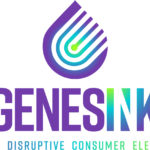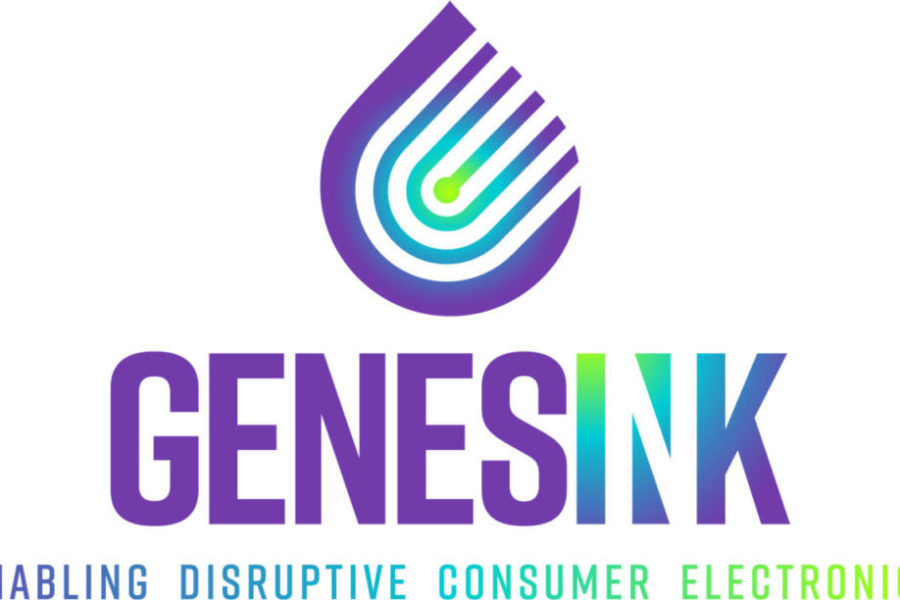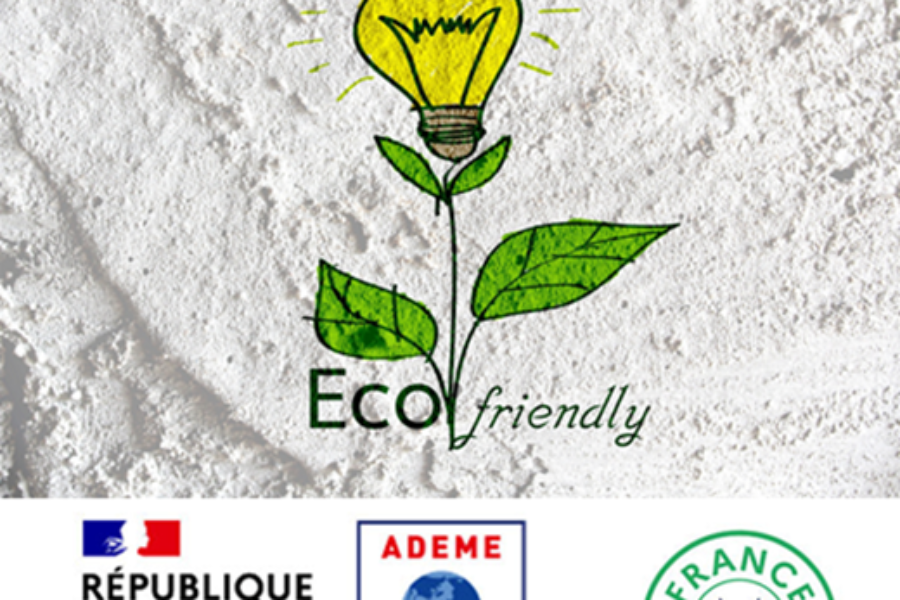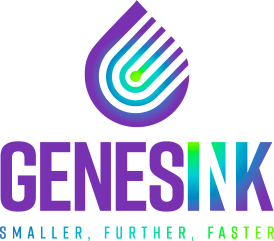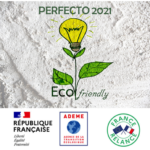Electronics is one of the industrial sectors with the greatest impact on the environment in terms of CO2 emissions and waste. Since 2020, the government « France Relance » plan has been providing unprecedented and necessary financial support to SMEs committed to ecological transition and the drastic slowdown of current climate change.
Thanks to this plan, entrepreneurs and SMEs are immediately entering the “green economy” market (repackaging, eco-design and / or renewable energy) and large companies are reinventing themselves by changing their traditional models.
GenesInk is one of these dynamic SMEs committed to environmental and eco-design themes. Since mid-September 2021, this commitment has been rewarded following the response to the “Perfecto” call for projects aimed at implementing an eco-design approach based on Life Cycle analysis (LCA) one of the R&D processes aimed at marketing a product, process or service with high environmental performance.
GenesInk will take up this ambitious challenge by being one of the 15 winning companies among 42 projects submitted. Thus, this financial support will allow us to benefit from personalized support provided by ADEME (Environment and Energy Management Agency) in the establishment of a new process for synthesizing eco-designed zinc oxide (ZnO) nanoparticles (Illustration 1).
 Illustration 1 – Eco-design process for synthesizing zinc oxide nanoparticles (ZnO) as part of the « EcoZinc » project
Illustration 1 – Eco-design process for synthesizing zinc oxide nanoparticles (ZnO) as part of the « EcoZinc » project
Preliminary studies based on the LCA of this new process were carried out in close collaboration with Ms. Chrystel Simone, LCA expert, and have enabled us to demonstrate a strong potential for reducing environmental impacts on all significant indicators, including a reduction more than 30% on 6 of the 9 indicators studied (Illustration 2) (climate change, human toxicity, particulate matter, acidification, freshwater eutrophication and ecotoxicity, resources depletion).
 Illustration 2 – Comparative study of the environmental effects of the synthesis of nanoparticles (NPs) with and without methanol (MeOH) recycling
Illustration 2 – Comparative study of the environmental effects of the synthesis of nanoparticles (NPs) with and without methanol (MeOH) recycling
These eco-designed semiconductor inks are used by additive manufacturing methods for eco-technology applications such as OPV (Organic PhotoVoltaic) using solar energy for electricity production or OLED screens (Organic Light-Emitting Diodes) (Illustration 3).

Illustration 3 – OPV technology (left) and OLED technology (right)
References:



